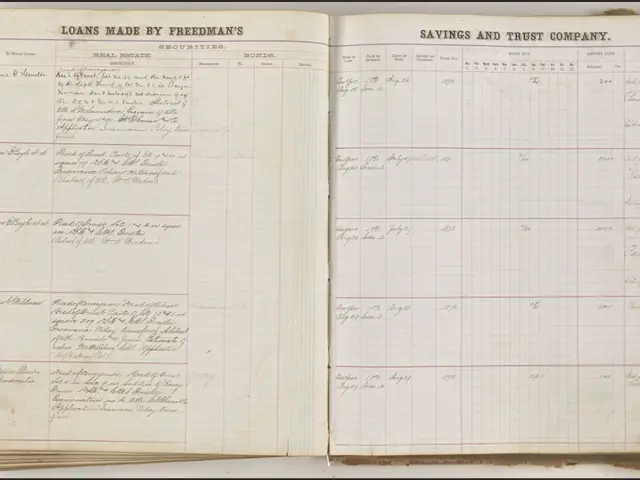Ghana Launches Teacher Training to Combat Rising Adolescent Mental Health Issues
The Ghana Education Service (GES) has launched an initiative to train teachers in identifying and addressing signs of distress among students. This move comes amidst growing concerns about mental health issues among adolescents, with suicide being a leading cause of death in Ghanaian schools.
The training equips teachers to recognise triggers such as family conflict, stigmatization, sexual abuse, teenage pregnancy, chronic illness, and academic stress. These can lead to emotional distress, anxiety, and depression. The GES emphasises the importance of collaboration between schools, families, and community health systems for effective management of mental illness.
To foster psychosocial well-being, schools are encouraged to create safe, inclusive, and friendly environments. Globally, about 20% of adolescents experience mental health or behavioural problems, with depression being most common among those aged 15 to 19. In Ghana, the Ghana AIDS Commission, along with other institutions, recently held a workshop to promote HIV prevention, reduce stigma, and empower young women.
Adolescent mental health is a pressing public health concern that requires urgent action. Teachers and parents are urged to view adolescents as resources to be nurtured, rather than problems to be fixed. Good mental health enables young people to learn effectively, work productively, and make informed decisions about their sexual and reproductive health. Building adolescents' psychosocial skills helps them make responsible life choices and resist risky behaviours.
Read also:
- Executive from significant German automobile corporation advocates for a truthful assessment of transition toward electric vehicles
- Crisis in a neighboring nation: immediate cheese withdrawal at Rewe & Co, resulting in two fatalities.
- United Kingdom Christians Voice Opposition to Assisted Dying Legislation
- Democrats are subtly dismantling the Affordable Care Act. Here's the breakdown





